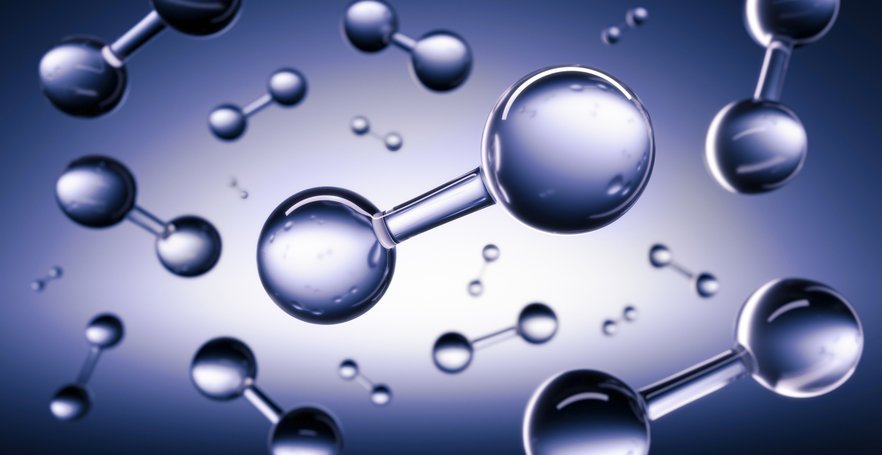In this article, we share three key insights on the ambitions of the new hydrogen law to regulate hydrogen transport through pipelines and its relationship with the European Hydrogen and Decarbonised Gas Package.
1. New rules for hydrogen transport and operating an open-access network
Belgium already has a 613 km hydrogen pipeline network - the largest in Europe. Previously, pipeline transport was regulated under the Act of 12 April 1965 on the transport of gaseous and other products by pipeline. This Act mainly concerns health and safety aspects. The newly adopted law excludes hydrogen transport from the scope of the Act, but does not impose conditions regarding greenhouse gas emissions. Besides regulating hydrogen transportation through a pipeline network, it also provides for the appointment and supervision of a single hydrogen network operator (HNO). This grid operator is responsible for building an open-access hydrogen transport network and facilitating free and non-discriminatory network access. Its tasks include drawing up a network development plan and an infrastructure investment programme, as well as guaranteeing the hydrogen quality. The Belgian Commission for the Regulation of Electricity and Gas (CREG) will oversee the company.
2. Provision of non-discriminatory transmission capacity and access conditions
The hydrogen network operator has to meet vertical unbundling conditions. This term refers to the separation of operating the energy transmission infrastructure from activities such as the production or supply of hydrogen, natural gas, biogas, biomethane, other forms of synthetic methane and electricity. The operator can own and manage gas or electricity storage and transport facilities, provided that this is implemented by legal entities separate from those active in the transport of hydrogen. Existing hydrogen transport networks, and their future extensions, may continue to be operated by companies other than the HNO until 31 December 2030. They must make their transmission capacity available to the HNO, or make it available to the market in a non-discriminatory manner. They may also request the HNO to be designated as the independent operator of their network.
3. EU legislation will provide new rules on the operation and financing of hydrogen networks
According to the Legislation Section of the Council of State, the newly adopted Belgian law will have to be reviewed after the adoption of the proposed revision of the EU Gas Directive and Gas Regulation. The Legislation Section notes that the proposed 'Hydrogen and Decarbonised Gas package' seems to be based on the principle of a plurality of operators made up of the owners of the various networks. The draft gas package was published in December 2021 and is expected to be finalised by the end of 2023. The federal government stated that it does not want to wait for the final adoption of the European texts, as this would be detrimental to the fast and efficient development of the Belgian hydrogen market. Minimal short-term provisions have therefore been set to kickstart the market, knowing that the Hydrogen and Decarbonised Gas package will follow. You can therefore count on us to keep an eye on future European and Belgian developments.
Hydrogen-related matters to discuss?
Our multidisciplinary Hydrogen team gladly assists you with the challenges and opportunities in this field, whether these concern the regulated transport and import of hydrogen carriers, the development and financing of infrastructure and storage capacity, or the conclusion of contracts. Are you interested in discussing any hydrogen-related matter? Don't hesitate to contact us!

